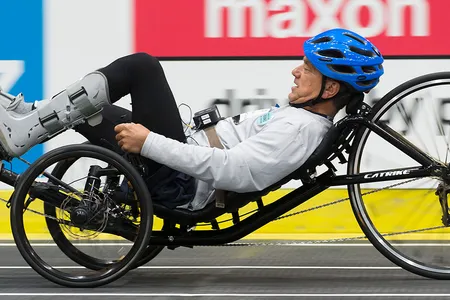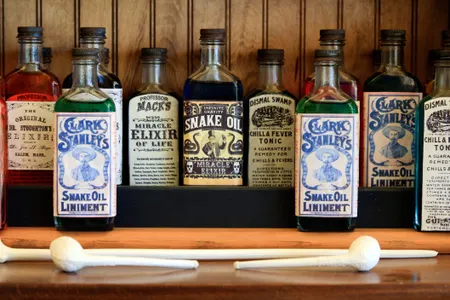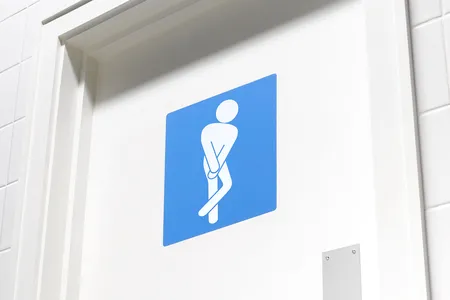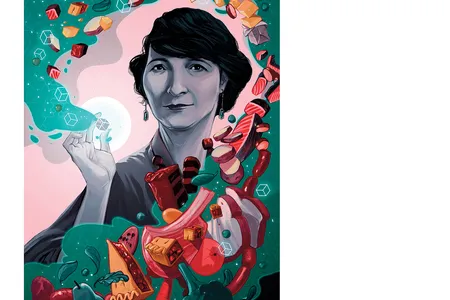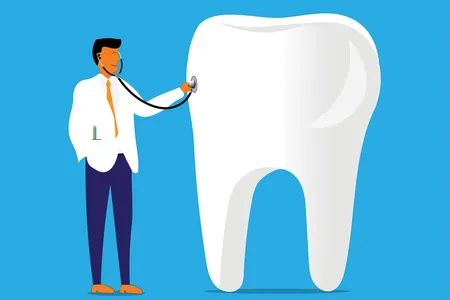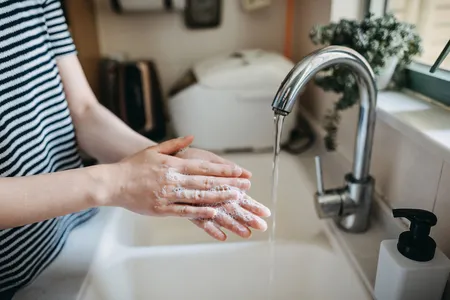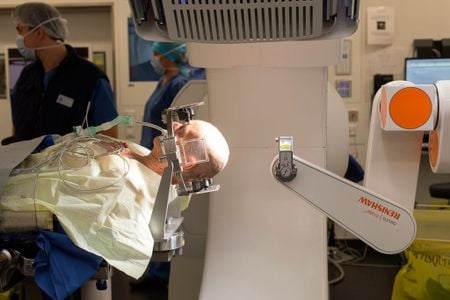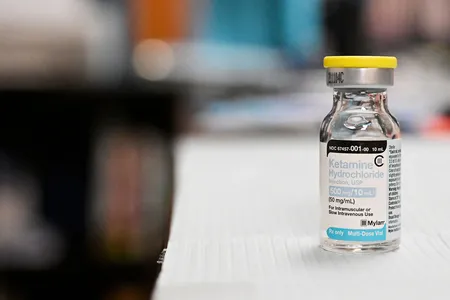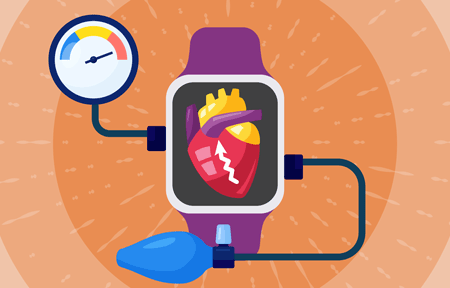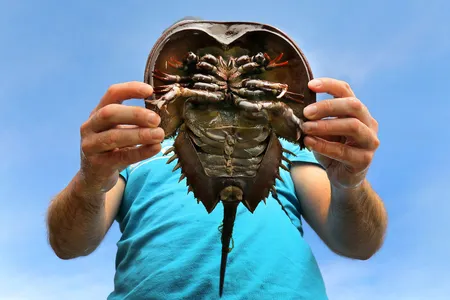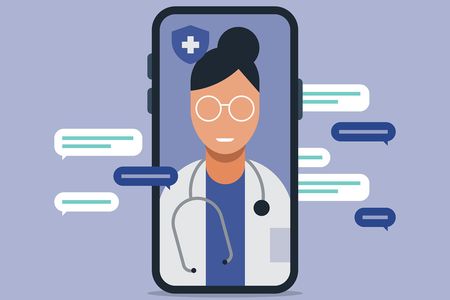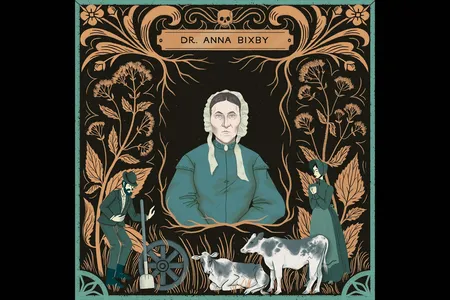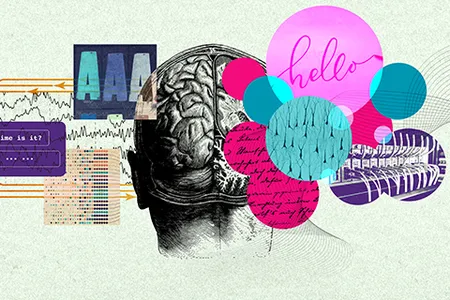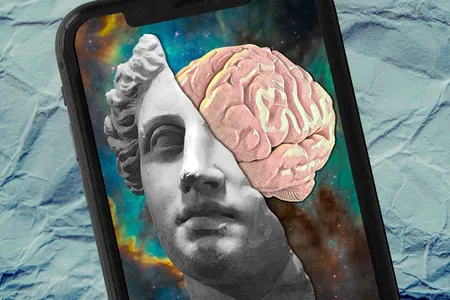The ‘Penicillin Girls’ Made One of the World’s Most Life-Saving Discoveries Possible
The true, forgotten and sometimes-stinky history of the cohort who took Alexander Fleming’s innovation and forever changed the face of modern medicine
Bionic ‘Pilots’ Compete for the Gold at the Cybathlon
In the international competition, people with physical disabilities put state-of-the-art devices to the test as they race to complete the tasks of everyday life
How Snake Oil Became a Symbol of Fraud and Deception
The terms “snake oil” and “snake-oil salesperson” are part of the vernacular thanks to Clark Stanley, a quack doctor who marketed a product for joint pain in the late 19th century
Can a Mother’s Mental Health Impact a Baby in the Womb?
Growing research indicates a pregnant woman’s stress level and overall mental well-being can affect fetal and child development, yet access to prenatal mental health care remains inadequate
How Do We Know When to Pee?
The basic urge is surprisingly complex and can go awry as we age
This Doctor Pioneered Counting Calories a Century Ago, and We’re Still Dealing With the Consequences
When Lulu Hunt Peters brought Americans a new method for weighing their dinner options, she launched a century of diet fads that left us hungry for a better way to keep our bodies strong and healthy
Why Isn’t Dental Health Considered Primary Medical Care?
Ailments of the mouth can put the body at risk for a slew of other ills, yet dentistry is often siloed
The Dirty Secret About How Our Hands Spread Disease
The human hand is an incredible tool—and a deadly threat
Can a Brain Implant Treat Addiction?
Some experts tout deep brain stimulation as a lifeline for people struggling with opioid use. Others question the hype
The Eight Coolest Inventions From the 2024 Consumer Electronics Show
A solar-powered electric vehicle, an at-home “multiscope,” an office bike that charges your devices and more were unveiled at the annual Las Vegas trade show
Are Psychedelics the Future of Eating Disorder Treatment?
The drugs have been shown to reduce depression and anxiety symptoms and make individuals more flexible in their thinking
New Devices Could Change the Way We Measure Blood Pressure
Embedded in a cellphone or in accessories such as rings, bracelets or watches, the novel tools aim to make it easier to manage hypertension
New Synthetic Horseshoe Crab Blood Could Mean Pharma Won’t Bleed the Species Dry
The “living fossils” have been vital for testing intravenous drugs, but a few large pharmaceutical companies are using a lab-made compound instead
Scientists Have Created Synthetic Sponges That Soak Up Microplastics
Made from starch and gelatin, the biodegradable sponges remove as much as 90 percent of microplastics in tap water and seawater
Using A.I. to Track Air Pollution From Open-Top Coal Trains
Scientists in California are working with communities—and a suite of tools—to better monitor air quality
Can New Messaging Methods Improve Health Care?
Public health experts are borrowing a technique from the tech world in hopes of spurring patients to get preventative care
How an 1800s Midwife Solved a Poisonous Mystery
For decades before Doctor Anna’s discovery, “milk sickness” terrorized the Midwest, killing thousands of Americans on the frontier
The Brain-Computer Interfaces That Could Give Locked-In Patients a Voice
Implanted devices record the brain waves associated with speech and then use computer algorithms to translate the intended messages
Can Digital Psychiatry Really Fill the Mental Health Care Gap?
Thousands of new tools with unproven results are entering the fold to help Americans in need
Why Nature-Based Therapy Is Gaining Traction Among Veterans
Spending time outdoors can reduce symptoms of depression and PTSD—growing concerns among service members
Page 2 of 38

